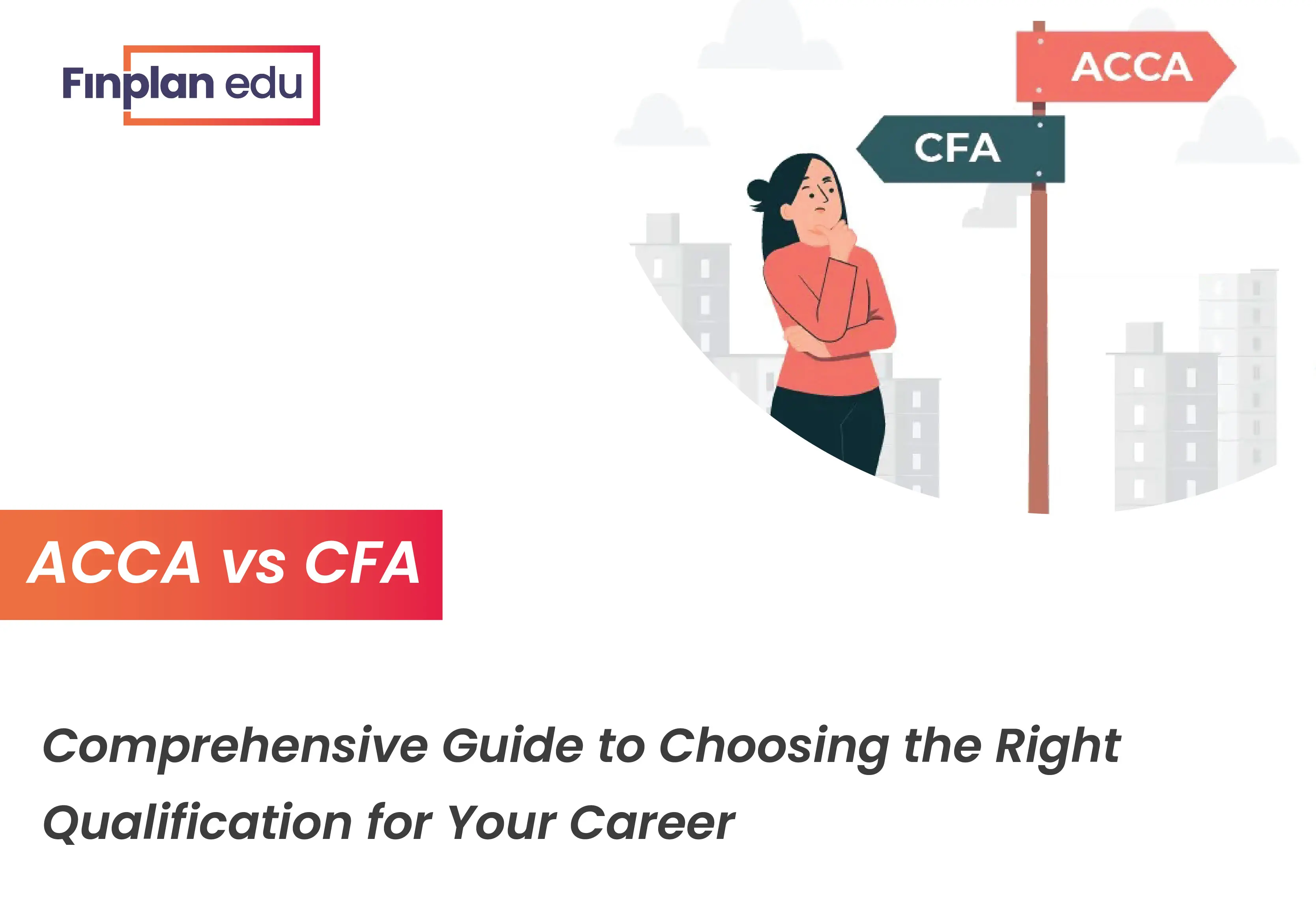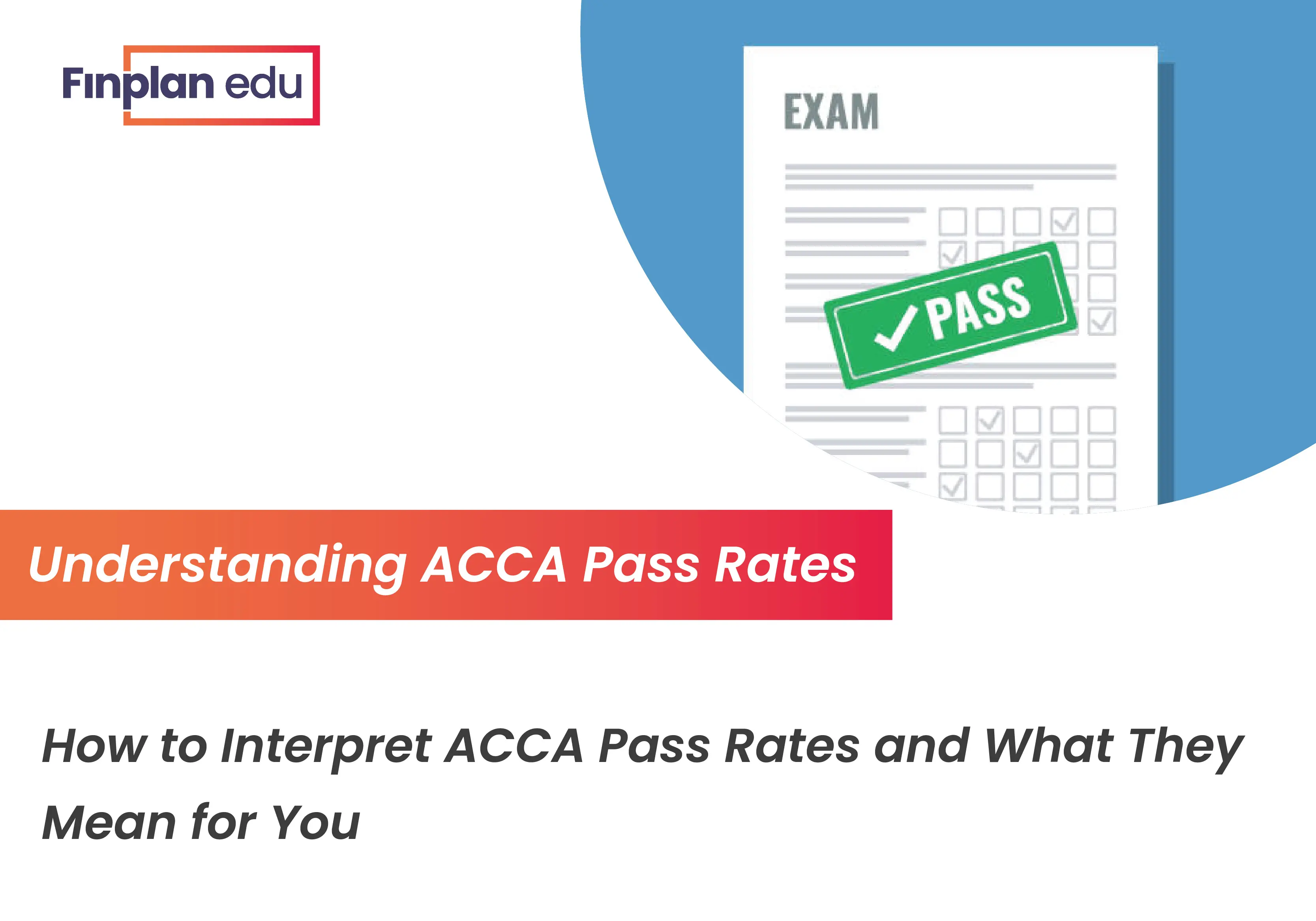What is ACCA?
ACCA stands for Association of Chartered Certified Accountants, a qualification which is a globally recognized accounting credential that focuses on providing students with the skills and knowledge necessary to excel in the accounting profession. Established in 1904, ACCA has a rich history and has evolved into one of the leading professional bodies for accountants worldwide. The qualification is designed to prepare individuals for the challenges of the accounting profession, emphasizing ethics, professionalism, and strategic thinking. Its global recognition allows ACCA members to work in diverse industries, making it a valuable qualification for anyone looking to pursue a career in accounting or finance. With over 200,000 members in more than 180 countries, the ACCA qualification is highly respected and sought after by employers.
What is CMA?
On the other hand, the US CMA qualification focuses primarily on management accounting. Offered by the Institute of Management Accountants (IMA), it provides a comprehensive understanding of financial management, strategic management, and performance management. Since its inception in the 1970s, the CMA has gained global significance, especially among professionals seeking leadership roles in financial management. The CMA is tailored for those interested in becoming business partners and decision-makers, equipping them with the tools needed to analyze financial data and make strategic decisions. As businesses increasingly seek professionals who can contribute to strategic planning and operational efficiency, the CMA qualification has become more relevant than ever.



